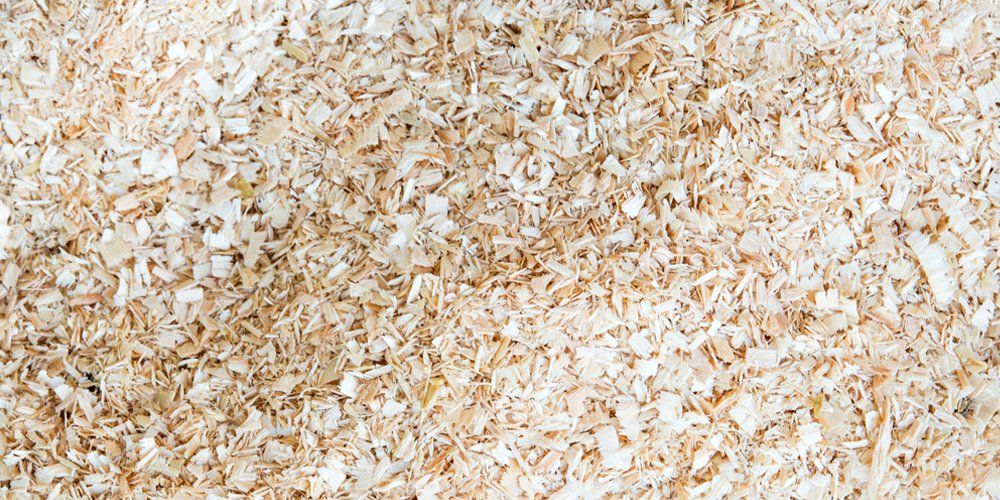SubhumanCurrycel
It’s just hair bro
- Joined
- Feb 28, 2020
- Posts
- 25,399
- Reputation
- 71,918
The effects of dietary fibre is underrated, recommendations range from 25-30g per day which less than 90% of people meet however that’s a far cry from what humans likely ate ancestrally.
It’s estimated dietary fibre intake of early humans was >100g per day due to pre-domesticated plants being naturally higher in fibre + the inclusion of roots and tubers
I want to focus on certain kinds of fibre specifically fermentable fibres found predominantly in resistant starches in the form of saccarides.
Short chain fatty acid (SFA) producing bacteria release byproducts from fermenting fibre, one of these byproducts is butyrate which has known cardio metabolic health benefits
A meta-analyses of human RCT’s, see table 2 for studies finding increases in butyrate or butyrate forming bacteria colonies
Butyrate is correlated neuroprotective properties but it also has a fat burning and lean mass sparing effect, particularly in the abdominal region [1], [2].
First study is a human study in women, second is a nice study using supplementation both show promising results.
Bonus:
Dietary fibre also reduces estrogen by binding circulating estrogen preventing them from re-absorption and excretes it. It also reduces all-cause mortality post adjustments in large scale studies following a dose response relationship.
You could potentially supplement butyrate but they are scarce and not well tested. Instead look to increase butyrate production by consuming fermentable fibre sources follow the FODMAP list of veges stands for “fermentable oligosaccharides, disaccharides, monosaccharides and polyols”
Since you don’t have IBS instead of avoiding said foods on list look to increase them.

It’s estimated dietary fibre intake of early humans was >100g per day due to pre-domesticated plants being naturally higher in fibre + the inclusion of roots and tubers
Fibre consumption was high, perhaps 100 g/d
I want to focus on certain kinds of fibre specifically fermentable fibres found predominantly in resistant starches in the form of saccarides.
Short chain fatty acid (SFA) producing bacteria release byproducts from fermenting fibre, one of these byproducts is butyrate which has known cardio metabolic health benefits
A meta-analyses of human RCT’s, see table 2 for studies finding increases in butyrate or butyrate forming bacteria colonies
Butyrate is correlated neuroprotective properties but it also has a fat burning and lean mass sparing effect, particularly in the abdominal region [1], [2].
First study is a human study in women, second is a nice study using supplementation both show promising results.
Bonus:
Dietary fibre also reduces estrogen by binding circulating estrogen preventing them from re-absorption and excretes it. It also reduces all-cause mortality post adjustments in large scale studies following a dose response relationship.
You could potentially supplement butyrate but they are scarce and not well tested. Instead look to increase butyrate production by consuming fermentable fibre sources follow the FODMAP list of veges stands for “fermentable oligosaccharides, disaccharides, monosaccharides and polyols”
Since you don’t have IBS instead of avoiding said foods on list look to increase them.
Last edited:




